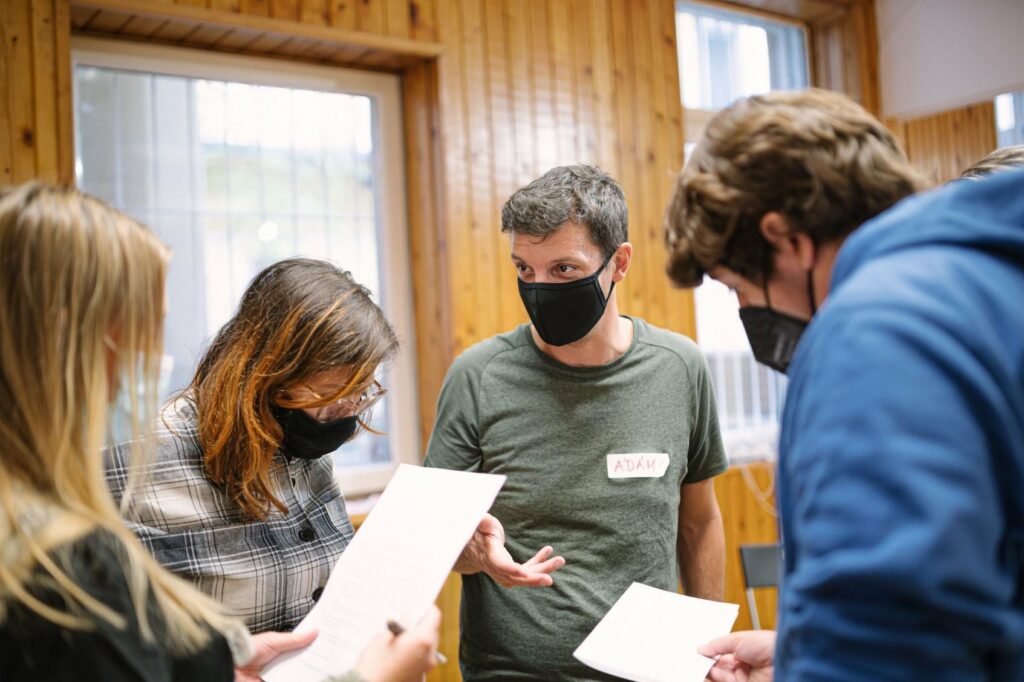
Gender based violence (and especially violence against women) can be detrimental for the social inclusion of both the victims and the witnesses, especially if they are minors. According to a report from the Expert Group on Gender Equality and Social Inclusion, Health and Long-Term Care Issues, it causes emotional and mental consequences including low educational performance, psychological disturbances, anxiety, low self-esteem, reduction in self assurance and abilities and resources to cope with the situation, fear of the future, depression and even drug abuse.
The consequences are worse if the victim or the witness does not know to react effectively to this situation and how to get support. These consequences can easily lead to the social exclusion of the individuals involved. The lockdown that was imposed in many countries because of the COVID19 pandemic, has increased significantly gender-based violence (GBV) all over Europe. According to data from the European Institute for Gender Equality (EIGES), in times of crisis and natural disasters, there is a documented rise in domestic abuse since victims – who are usually women and girls – can be exposed to abusers for long periods of time and cut off from social and institutional support.
Therefore, the effective raising of awareness related with gender-based violence from the school age, is very important in order to promote the social inclusion of the students, both in a preventive way and in the case that the students have already experienced or witnessed gender-based violence.
However, the method to be used is of utmost importance when working with young people. Most of the methods implemented until now against GBV in an educational context are focused on rational thinking (identification of violent behaviors, ways to report and respond to violent behaviors etc). However, usually emotions are neglected while they play a crucial part for the changing of behaviors. Also, there is a need of a method that would allow students to overcome a natural hesitation to talk about these issues. Here, creative methods have a crucial role.
The project is based on participatory theatre techniques which allow the development of empathy and the active involvement of the participants in real life situations, in the context of a safe environment. Moreover, it is important, due to the pandemic to build the capacity of the teachers to implement these methods also online. The restriction of human contact in many cases has reduced the organisation of theatre-based workshops despite their obvious advantages. However, research (“Response to COVID-19 Zooming in on online process drama” by Adam Cziboly & Adam Bethlenfalvy) has shown that there are ways to use theatre also in order to work online.
